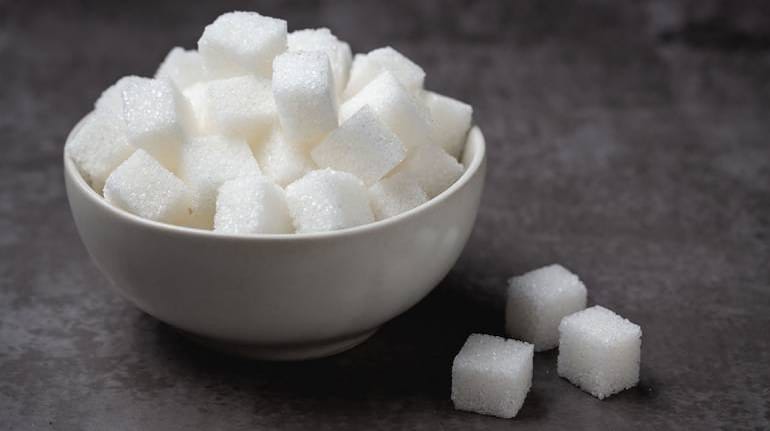



You probably are already aware of how your sweet tooth for delicious, sugary treats is adversely affecting your health. But did you know those post-meal indulgences and late-inght sugary binges can even wreak havoc on your poor skin? When we consume an excess amount of sugary foods and beverages, our body experiences a spike in blood sugar levels, leading to a cascade of adverse effects.
One such consequence is the production of advanced glycation end products (AGEs). These compounds can damage collagen and elastin, two vital proteins responsible for maintaining skin elasticity and firmness.
Let’s find out what excessive sugar can do to your skin:
Accelerated skin ageing and wrinkles
Excessive sugar consumption can lead to premature ageing of the skin. AGEs generated by high sugar intake contribute to collagen breakdown, leading to the formation of fine lines, wrinkles, and sagging skin. This can make you look older than your actual age and cause unnecessary distress for those trying to maintain youthful and radiant skin.
Acne breakouts
If you struggle with acne-prone skin, it might be time to take a closer look at your sugar consumption. Studies have suggested that a high-glycemic diet can exacerbate acne by triggering an insulin response, leading to increased oil production and inflammation in the skin. Excess sugar can also disrupt the delicate balance of beneficial bacteria in the gut, potentially influencing the development of skin issues.
Inflammation and skin conditions
Inflammation is your body's natural response to harmful stimuli, but chronic inflammation can have detrimental effects on the skin. Excessive sugar intake triggers the release of pro-inflammatory cytokines, contributing to inflammatory skin conditions like eczema, psoriasis, and rosacea. These conditions can cause redness, itching, and discomfort, making it crucial to address the root cause by moderating sugar consumption.
Collagen damage and reduced skin resilience
As mentioned earlier, sugar consumption in huge amounts contribute to the formation of AGEs, which damage collagen and elastin fibers in the skin. Collagen is essential for maintaining skin resilience and suppleness. When these fibres are compromised, the skin becomes more susceptible to external stressors, such as UV radiation and pollution, potentially leading to premature ageing and increased vulnerability to skin damage.
Tips for keeping sugar intake in check
Don’t worry. Managing your sugar intake doesn’t mean you have to cut all sugar out of your diet. Instead, start by focussing on educating yourself about where added sugars are hiding and making an effort to swap those foods out for healthier alternatives from time to time.
Here are a few tips on how you can reduce your sugar intake so that your skin thanks you later:
Read labels: Be mindful of hidden sugars in processed foods. Ingredients like high-fructose corn syrup, maltose, and dextrose are all forms of added sugars that may not be immediately obvious. The most common food items with hidden sugar are breakfast cereals, ketchup, low-fat yoghurt, processed fruit juice, bread, and salad dressings.
Opt for whole foods: Pick whole, unprocessed, and natural foods like fruits, vegetables, whole grains, and lean proteins. These choices have lower glycemic indexes and can help stabilise blood sugar levels.
Stay hydrated: Sugary drinks are notorious for their addictive nature. Ditch sodas and fruit juices and instead, drink plenty of water to keep your skin hydrated and flush out toxins effectively.
Mindful snacking: When those late-night cravings strike, go for healthier alternatives like fresh fruits, nuts, or yoghurt instead of sugary snacks. It's okay to indulge occasionally, but practice moderation to avoid the harmful effects of excessive sugar intake.
Discover the latest Business News, Sensex, and Nifty updates. Obtain Personal Finance insights, tax queries, and expert opinions on Moneycontrol or download the Moneycontrol App to stay updated!
Find the best of Al News in one place, specially curated for you every weekend.
Stay on top of the latest tech trends and biggest startup news.